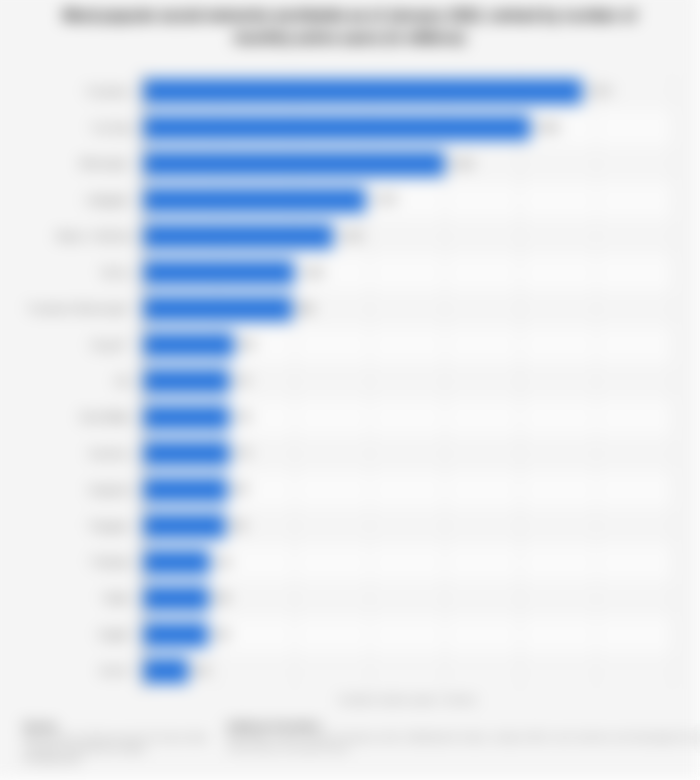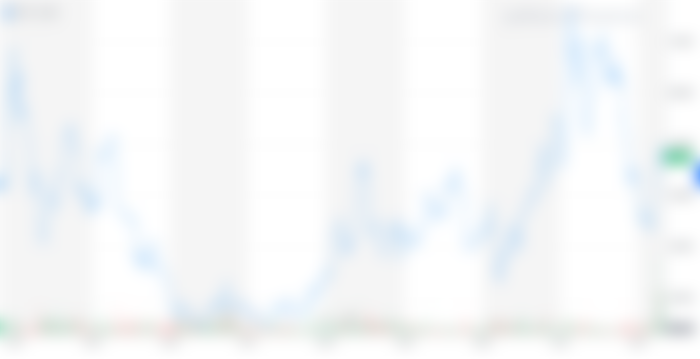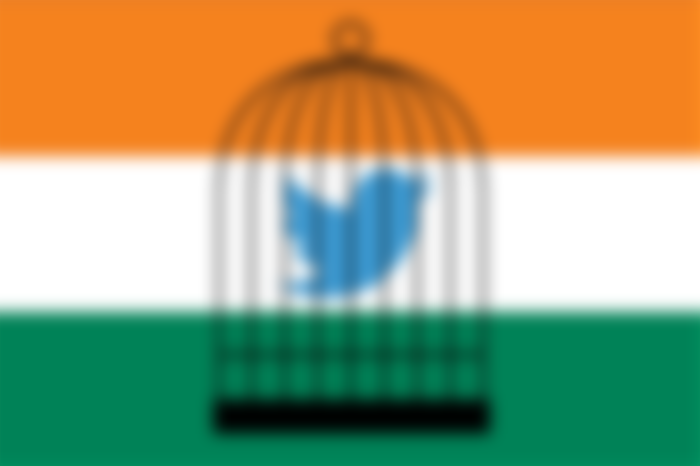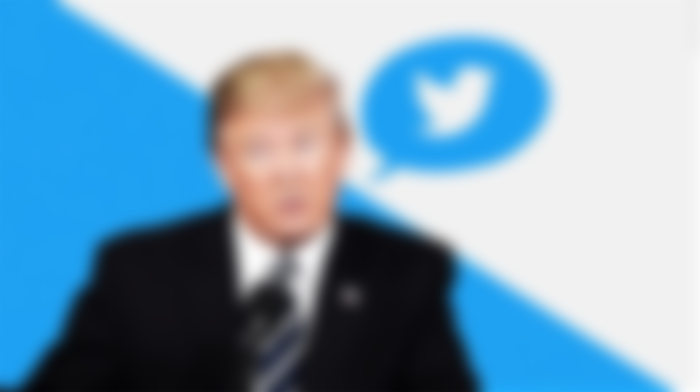Why did Elon Musk buy the least profitable social media platform Twitter?

So if you've been on the internet recently, you've likely seen a lot about Elon Musk, the world's richest man, CEO of Tesla, founder of SpaceX, and soon to be the owner of Twitter, among other things. But it's that last one which you'll be focusing on today, and it's the thing which has caused the biggest stir recently. So let's explain what's happened and then discuss why the world's richest man would want to buy one of the world's least profitable social media platforms. Some of you might be surprised by how I just described Twitter in the introduction of this article.
That might sound harsh, but it's certainly not untrue. Despite shaping the media cycle and getting a whole load of attention, both good and bad, the site doesn't have that many monthly active users. 436 million might sound impressive, but when you compare that to Facebook at nearly 3 billion or YouTube's 2.6 billion, it begins to look a little less impressive. I'm sure both of those are behemoths, so maybe it's an unfair comparison, but WhatsApp Instagram WeChat Tiktok Messenger Doyen QQ Weibo cashew Snapchat, Telegram, and Pinterest all have more active monthly users. But it's Twitter's profits where the real issues emerge.

active users by social media platforms, statistia
The site might be getting a pretty good audience (436 million people, which certainly isn't anything to be sniffed at), but monetization is their real problem. Since 2010, the company has only had two years of net income, in 2018 and 2019, with the worst year, 2020, seeing a net loss of over a billion dollars. Things just don't look so good for Twitter in comparison to Facebook's parent company, which has seen its revenue soar to nearly 40 billion dollars per year, and things just don't look so good for Twitter in comparison. Investors have been cautious about the platform for a while now, with the Twitter stock falling hard towards the end of the last decade and then again more recently. That was until speculation about Musk began.
Speaking of which, it was earlier this month that Musk first announced his stake in the business. Announcing that he'd amassed 9.2 per cent of the company on April 4th. There was then some back and forth over the potential of him joining Twitter's board, but ultimately he opted against joining, and that was potentially when he realized that doing so would limit his maximum stake in the business to 14.9 per cent, blocking any sort of takeover. Instead, on April 14th, Musk offered to buy the entire company outright, taking the business privately and valuing it at 54.20 a share, or 44 billion dollars. An offer that he described as his best and final offer.

Twitter stock price, yahoo
Musk might be the richest man in the world, worth an estimated 264.6 billion dollars, but that's still a huge chunk of cash to pay for Twitter, about a sixth of his total value. So some did question whether he'd be able to pull it together and get all the required funding that he would need, especially considering that he's been loose with promises like this before, getting himself in trouble when he claimed that funding was secured to take Tesla private even when he didn't have that funding. I say he got in trouble, but they settled for a 40 million dollar payout in return for this lie, which is certainly more trouble than I've ever been in. Regardless, this issue of securing funding is more important than you might think. Sure, he's worth more than a quarter of a trillion dollars on paper, but that doesn't mean he's got the money sitting around waiting to be spent.
Elon doesn't need to start a GoFundMe or anything. He's got a good amount of cash, I'm sure, but valuations like this can be a little misleading. When you're looking at someone's net value, the valuation includes all kinds of things beyond just cash in bank accounts. This number also includes all kinds of intangible assets, like stocks and even their brand. After all, a lot of President Trump's valuation came down to the value of the Trump brand rather than anything more tangible. Anyway, this all means that Musk had to work out a way to find that money. After all, if he just decided to sell a bunch of shares in companies he owns, he could freak out investors and crash their values, so he has to act carefully. Musk isn't known for his carefulness, so some were surprised last Thursday when he submitted a plan to fund the purchase, with him sending that over to his old rivals at the sec.

The plan had two major components. 25 billion in loans and 21 billion in personal equity. I said just a moment ago that Musk can't just sell his Tesla stock without damaging the company, but he can borrow against that stock, and that's exactly what he plans to do. Morgan Stanley senior funding, lending him over 25 billion dollars. 13 billion in debt financing and 12.5 billion in loans against Tesla stock. So now that Twitter is within Musk's grasp, it's worth considering what the hell he is doing. He's a seemingly fairly savvy, if occasionally rational, businessman. Love or loathe his personality, it seems like an odd business move to buy the ailing social network, especially considering that the takeover is pushing yet more loans on the company, set to cost at least one billion dollars a year, crippling Twitter's finances yet harder. And yes, you heard that right. Twitter will be liable for the cost of some of the loans that were taken out to buy Twitter.
Now we don't have time to get into leveraged buyouts in this article, especially this one, which is one of the biggest in history, but essentially, when borrowing money to buy a business, you're able to borrow money based on the assets of the company you're buying. In essence, you're using the business you plan to buy as collateral to buy itself before you pass those debts onto the new company. Now, these kinds of LBOs are pretty controversial and often end up going badly for the company being bought out, but this case is a little different. Musk has put a lot more on the line than a normal LBO. Musk has a real incentive to make this work. LBOs often involve the purchaser putting down as little as 10% of the purchase value, but Musk has put a lot more on the line. Both in the form of millions of dollars in personal capital and potentially 152 million Tesla shares. It's perhaps a little surprising when many claims that he's not worried about Twitter's economic success and isn't too concerned about turning around the company's fiscal fortunes, at least not right away.

So if it's not about the money for Musk, then why is he sinking so much of it into Twitter? Well, fortunately for us, Musk has been reasonably open about his intentions, or at least his publicly stated reasoning. He must have taken part in a pretty incoherent and hard to watch interview with the head of TED a week or so ago. Admittedly, much of the blame for that interview land with the interviewer, not Musk. That isn't the only thing we have to decipher his intentions. Musk also released a statement alongside the press release which announced his purchase of Twitter. He stated that free speech is the bedrock of a functioning democracy, and Twitter is the digital town square where matters vital to the future of humanity are debated. I will also make Twitter better than ever by enhancing the product with new features, making the algorithms open source to increase trust, defeating the spambots and authenticating all humans.
Now, these are things he's talked about before. Free speech has long been an issue that Musk has taken with Twitter, particularly berating the company for removing controversial figures from some of their facts checking and for allegedly shadow-banning users. However, despite these core critiques, it's not exactly clear what philosophy Musk plans to take here. He's a big fan of the first amendment, but his backers often don't seem to understand the limitations of said amendment or even how they apply to social networks. Furthermore, the company would have an even greater issue globally. Musk has said on numerous occasions that he thinks it should be governments making the rules and that Twitter should just follow the rules of the countries where they operate, but it's just not that simple. The United States might be proud of its first amendment, but other countries act very differently. Take the world's biggest democracy, India.

India doesn't have a right to speak with limited exceptions like the US. It has the reverse, which means running a platform open to both countries could be very difficult. Twitter has already had issues with countries like India, which forced them to have local offices for this exact reason and where the ruling BJP party recently sent national police officers to their office over a dispute over Twitter's application of fact checks on party political tweets. And it's not just free speech that's an issue either; Twitter has long had problems with moderating and handling hate speech and misinformation, and throughout the chaotic TED talk it was made clear on several occasions that neither the interviewer nor interviewee had a particularly clear grasp on the limits of both issues. With comparisons being made to the fire in a crowded theatre myth, an analogy is used to refer to a specific supreme court case which was never the law in a case that was thrown out nearly four decades ago.
However, some have speculated that his passion for free speech could drive Musk to bring Trump back to the platform, which would make some very happy and some less so. Free speech goes beyond just that, though the other promises made by Musk are also fairly vague and potentially troubling. He talks regularly about opening up the algorithm, and while that does bring its benefits, it's also far from clear how doing so would resolve many of his core complaints. I mean, if seeing inside the Twitter algorithm allows you to work out why you're supposedly being shadow-banned, for instance, then you're probably the best computer scientist that's ever lived. Now there is a case for some kind of "why am I getting this tweet button to allow you to work out how the algorithm is working." It would be complex, but it might help. This is certainly more than just opening up the algorithm. While opening it up would allow you to see which buttons and levers are being shifted to impact a tweet's reach, there'll be no way for you to then use that information to work out why an individual account or tweet behaves as it does, which is the core complaint here after all.

Reducing spam and bots is also difficult. Musk takes the greatest issue with the bots that imitate him, especially in the crypto space, but differentiating these spambots is difficult. I mean, if it was easy, they'd have done it years ago, and it's just hard to tell the difference between useful bots which do things like share news published by major outlets or the availability of COVID tests from spambots that you want to remove. Some will be excited by Musk's vision of a more open and free speech Twitter, while others might worry about what kind of world will emerge when even the rudimental guard rails on which Twitter is built are torn down. Elon has his latest toy, and if you don't like it, he'll take his ball and go home.







I wonder if Elon is speaking the full truth about his intentions though, he must have other reasons to buy Twitter, you don't become the richest man on the planet because you are trying to save free speech